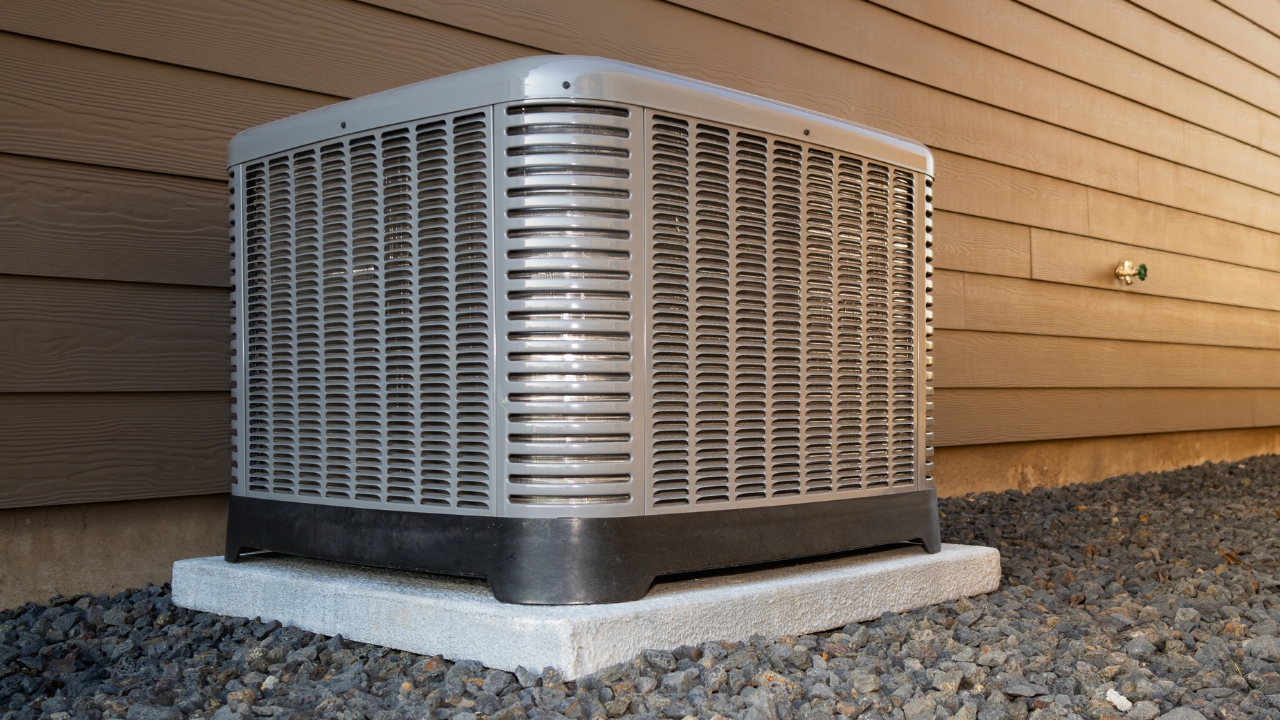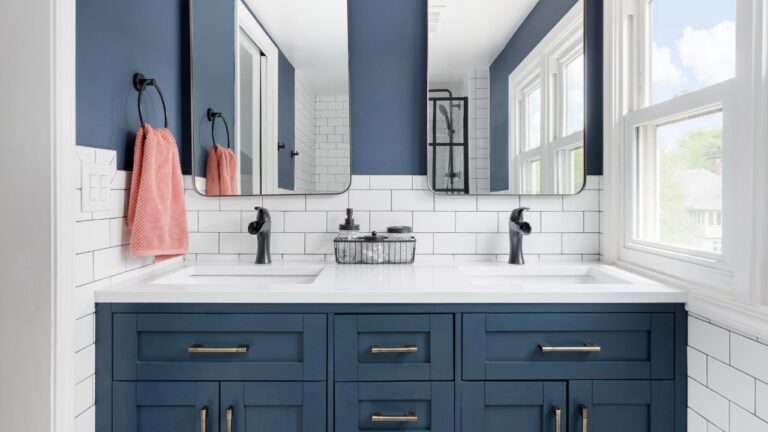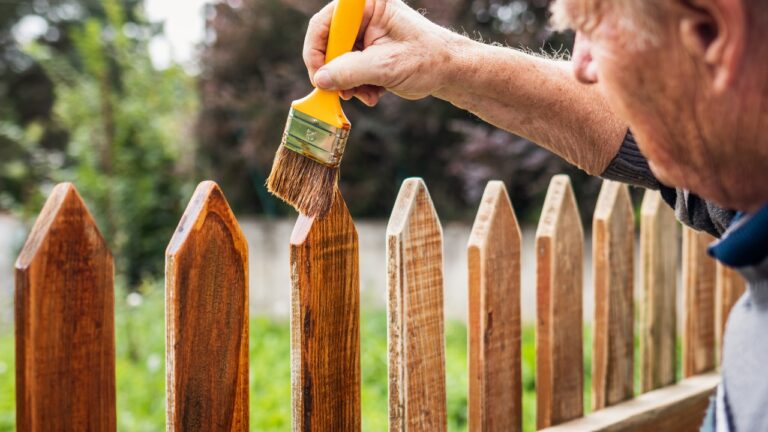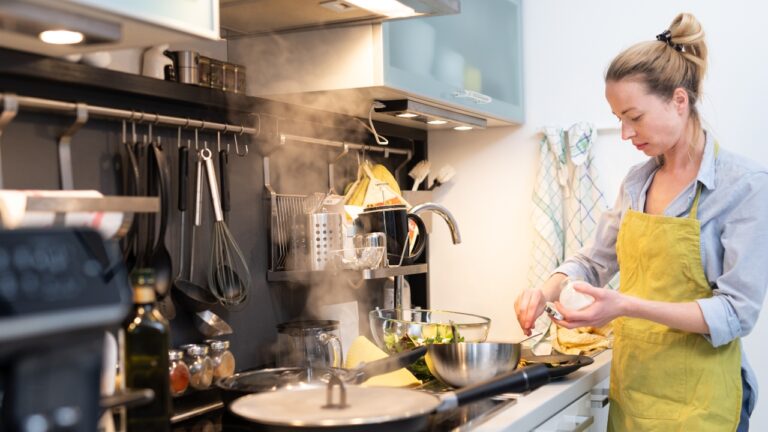Easy Fixes That Can Help Prevent Big HVAC Problems
HVAC repairs aren’t cheap—and the worst part is they always seem to happen at the worst time. But most major issues don’t start out big. A lot of them creep up because of skipped maintenance or easy fixes that got ignored.
If you want to keep your system running without shelling out for a surprise service call, there are a few simple things you can stay on top of. None of these take a ton of time or money, but they’ll help keep your heating and cooling running the way it should.
Change the Air Filter Regularly

A dirty air filter makes your system work harder than it needs to. Over time, that strain can cause wear on your blower motor or even freeze up your coils. Plus, it makes your air quality worse inside the house.
Swapping the filter every 1–3 months (depending on your setup and if you’ve got pets) is an easy way to avoid bigger problems. Set a reminder on your phone if you need to. It takes five minutes, costs a few bucks, and makes a real difference.
Keep Vents Open and Unblocked
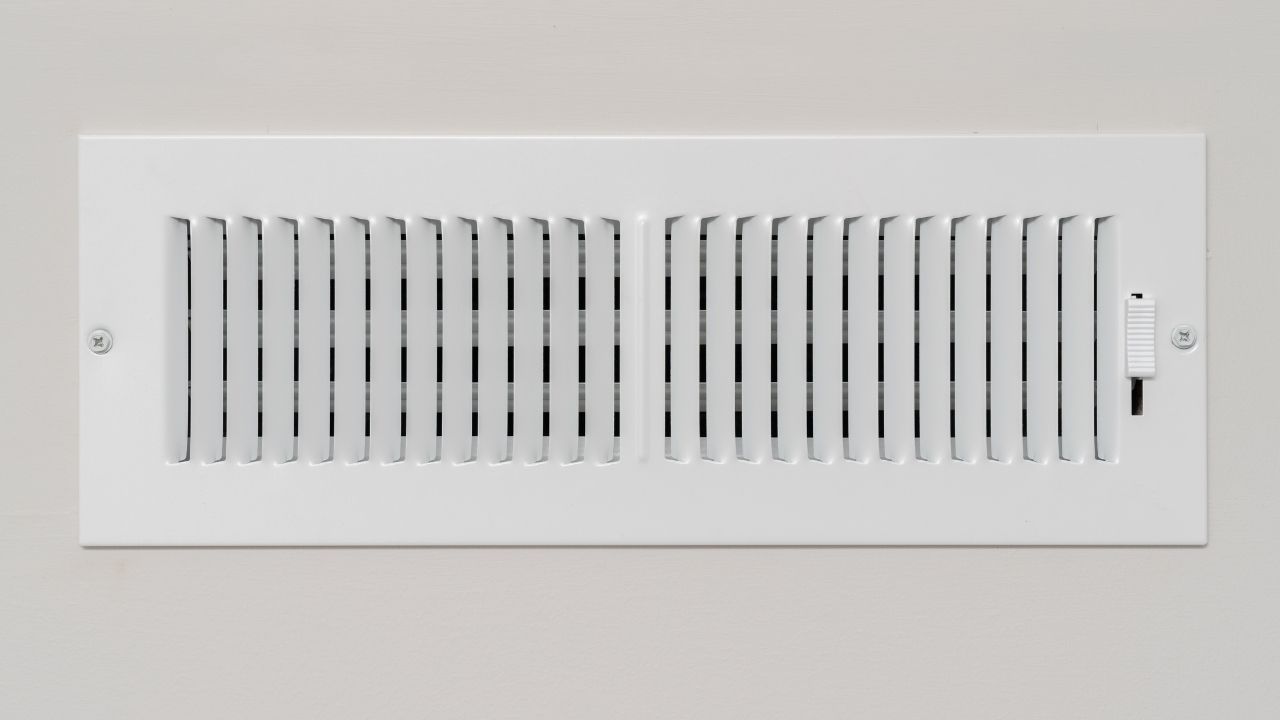
Closing vents in unused rooms seems like it would save energy, but it can actually throw off your system’s airflow. That added pressure can cause duct leaks or put extra strain on your blower over time.
Make sure your supply and return vents are open and clear of furniture or curtains. Blocked vents mess with air balance and keep your system from heating or cooling efficiently. It’s a small thing, but keeping air moving freely helps everything run smoother.
Clean Around the Outdoor Unit
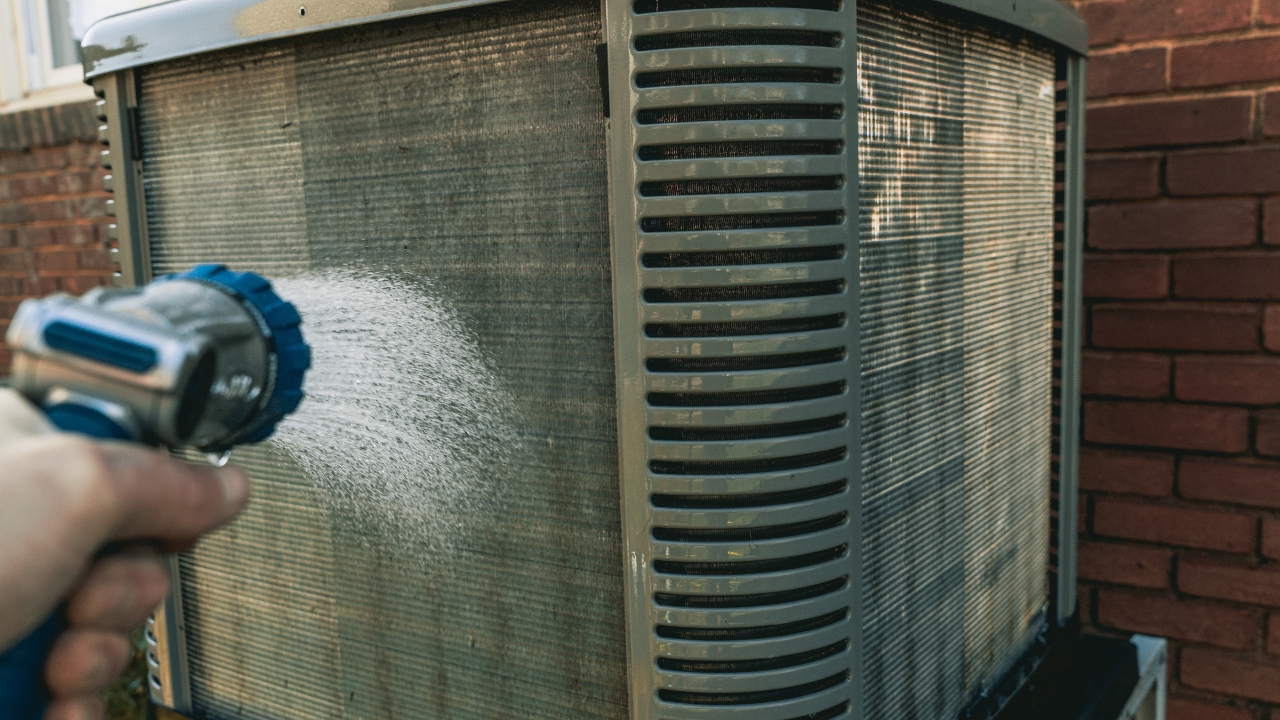
If your outdoor condenser is covered in leaves, grass, or spider webs, it can’t breathe properly. That means it’ll struggle to release heat, which makes your system less efficient and can eventually lead to overheating.
Take a few minutes each season to clear away debris and trim back any plants. You’ll want at least two feet of space around the unit. A quick rinse with the garden hose (while the unit’s off) can also help keep the fins clean and working the way they should.
Check and Seal Duct Leaks

Leaky ducts waste energy and force your system to run longer than it needs to. You’re literally blowing air into your attic or crawlspace instead of the rooms you’re paying to heat or cool. That adds up fast on your energy bill.
If you can access your ductwork, check for gaps at joints or any spots where you feel airflow. Use foil tape—not duct tape—to seal them. It’s a quick fix that improves efficiency and helps your system keep up without overworking.
Keep the Thermostat Away from Heat Sources
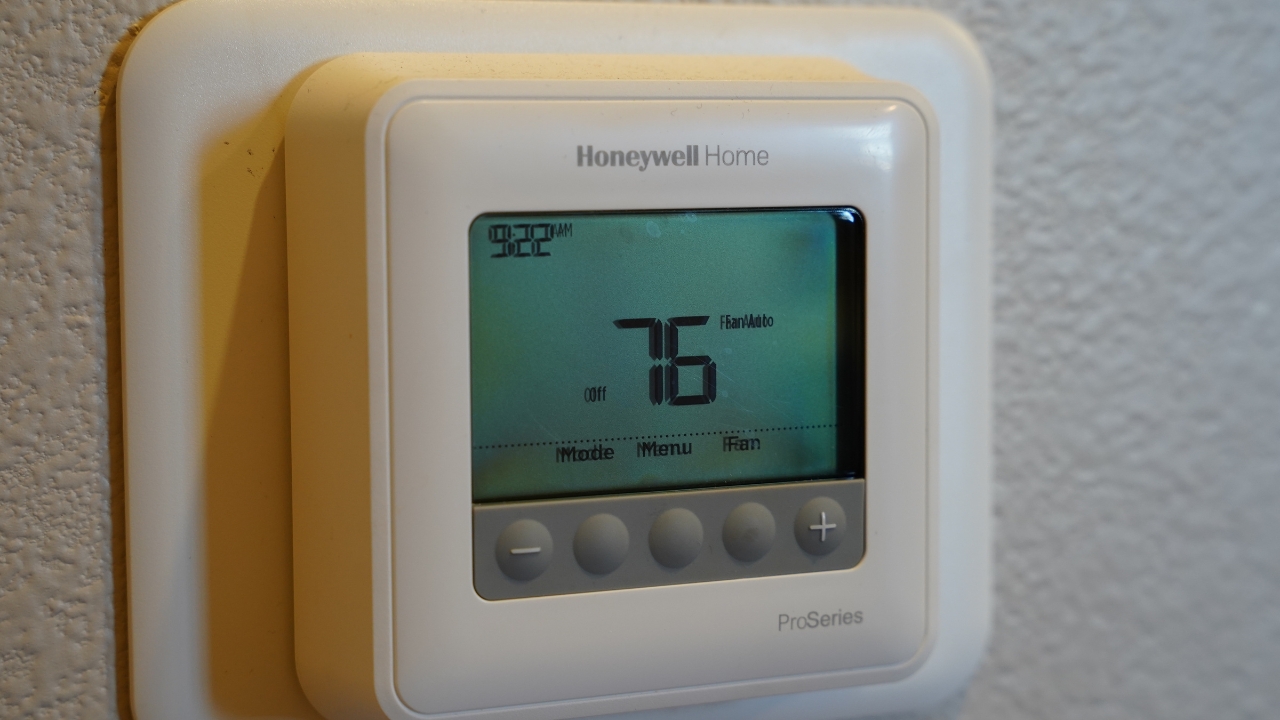
If your thermostat sits near a lamp, TV, or direct sunlight, it can get false readings and run your system longer than needed. That might not seem like a big deal, but over time it adds up in wear and tear—and your utility bill.
Keep heat-producing appliances and light sources away from the thermostat. If it’s in a bad spot, consider having it moved by a pro. Making sure it’s reading the actual room temperature accurately helps everything else stay balanced.
Clean the Drain Line
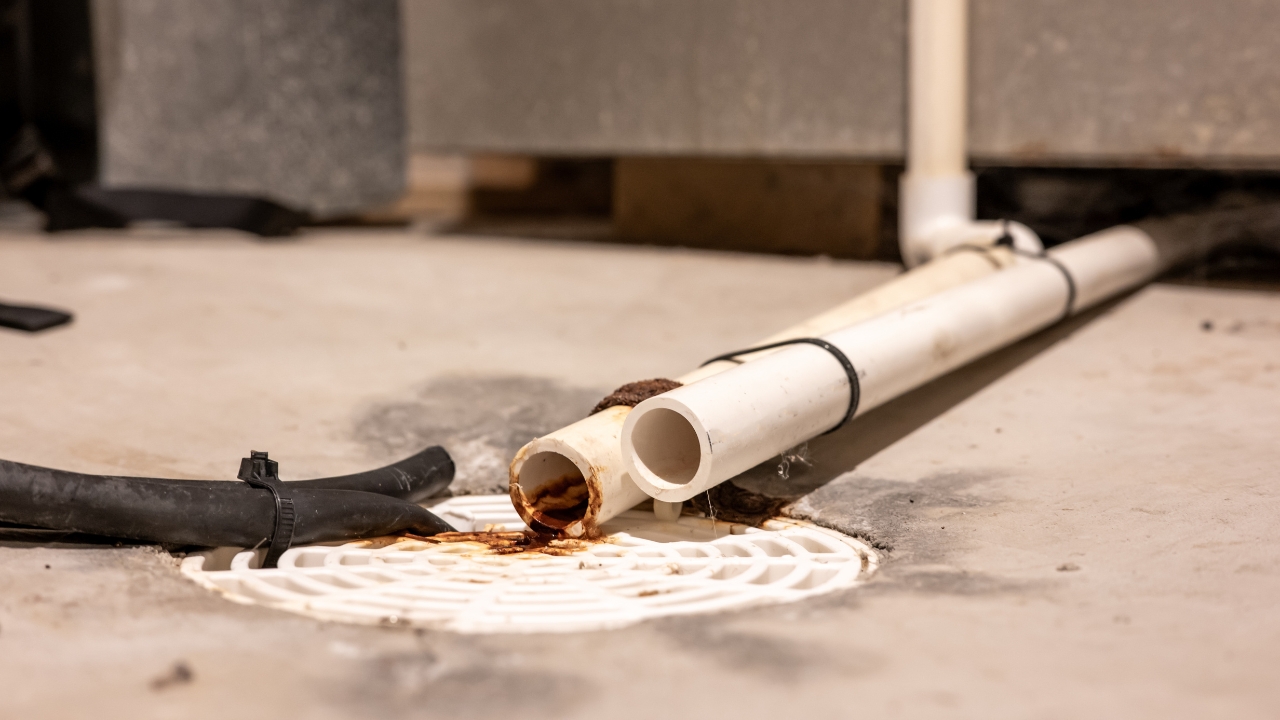
Most AC systems have a drain line that lets condensation escape. When it clogs up, that water backs up and can shut down your system—or worse, cause water damage. It’s one of the most common (and preventable) reasons ACs stop working in summer.
Flush the line a couple of times a year with a mix of vinegar and water to keep algae and gunk from building up. It’s a 10-minute job that can save you from a big headache when it’s 95° outside.
Replace Old Weatherstripping
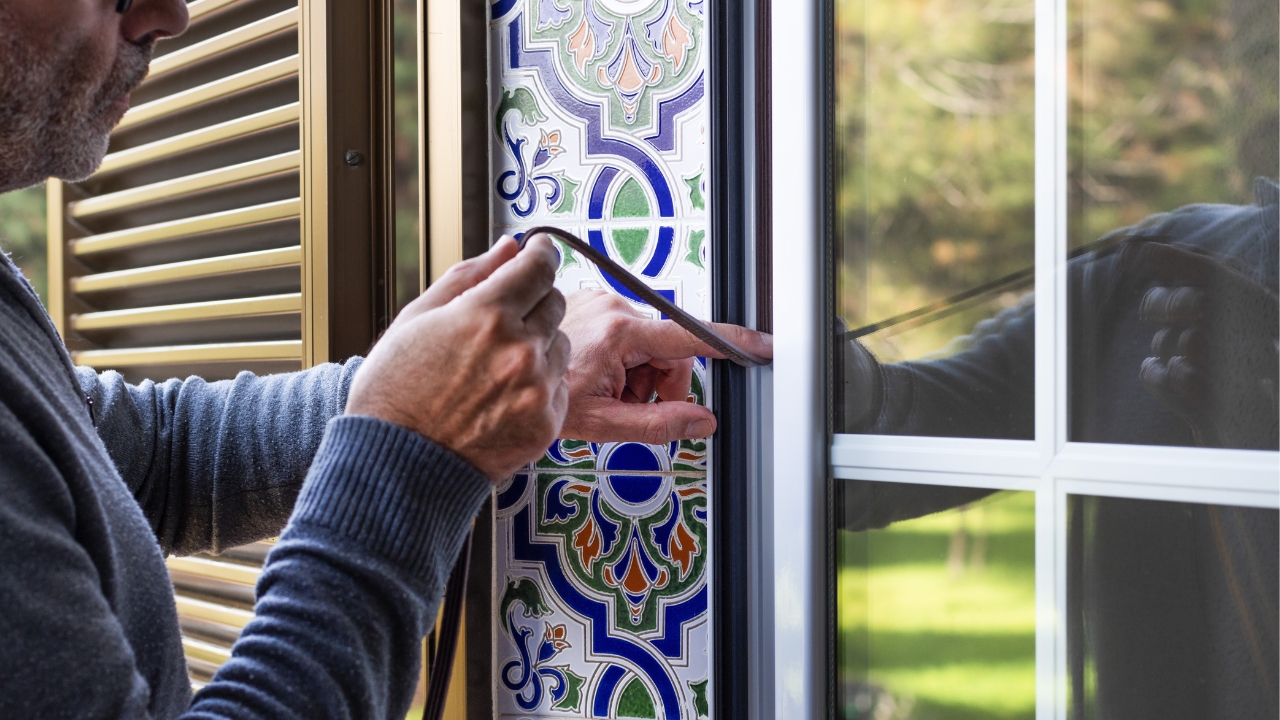
If your windows and doors are leaking air, your HVAC system has to work harder to keep the house at the right temperature. That kind of constant strain shortens the life of your system and eats up more energy than you think.
Check the weatherstripping around entry doors and windows for cracks or gaps. Replacing it is cheap and only takes a few minutes per door. Keeping conditioned air in (and hot or cold air out) helps your HVAC stay efficient and healthy.
Keep the Return Air Grille Clean
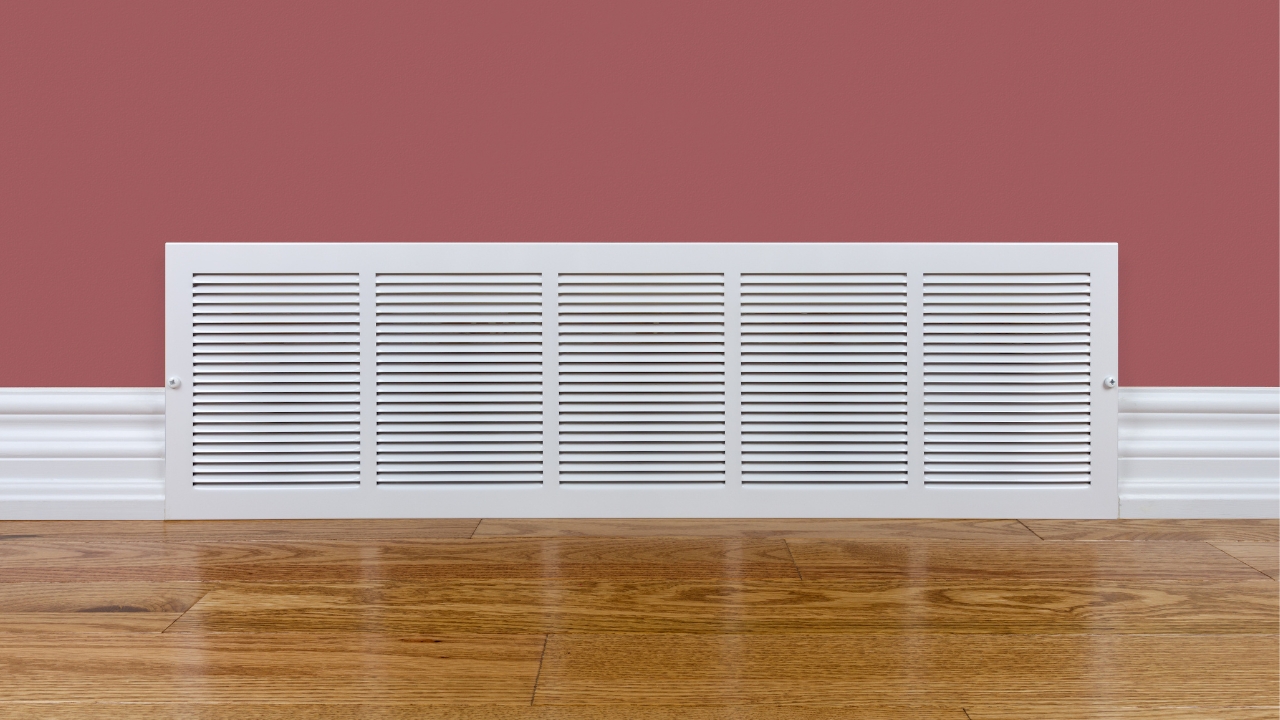
If the return air grille is clogged with dust or pet hair, airflow drops—and your system can’t breathe right. It’s basically like trying to run a marathon while wearing a mask. The system will run longer, work harder, and wear out faster.
Use a vacuum with a brush attachment to clean the grille every month or so. If yours is really dirty, you can also unscrew it and give it a wipe-down. It doesn’t take much effort, but it makes a big difference in keeping air moving like it should.
Program Your Thermostat Properly
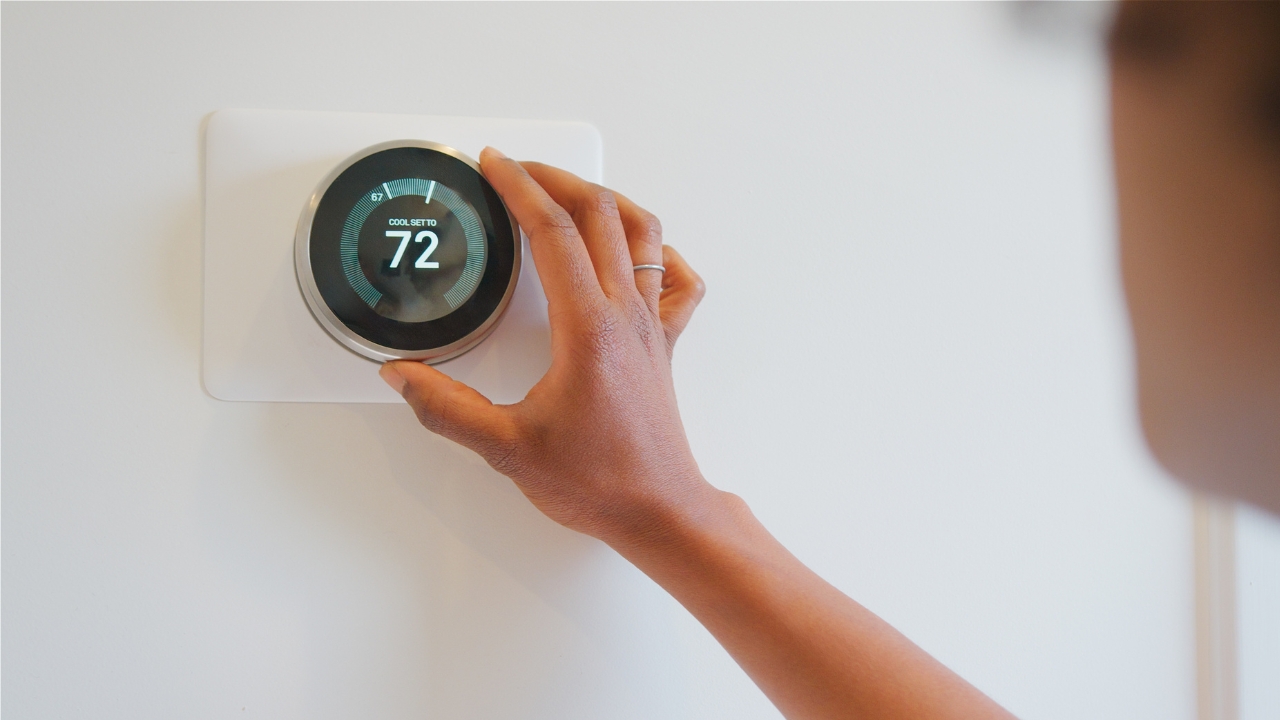
If your system is running full blast when no one’s home, you’re wasting energy and putting unnecessary strain on it. A programmable or smart thermostat lets you control when and how your system runs—so it’s not working harder than it needs to.
Set it to ease off while you’re at work or asleep, then bring the temp back to comfortable before you get home. It’s an easy way to cut energy use and help your system last longer. Most models are simple to set up in just a few minutes.
Schedule a Yearly Tune-Up
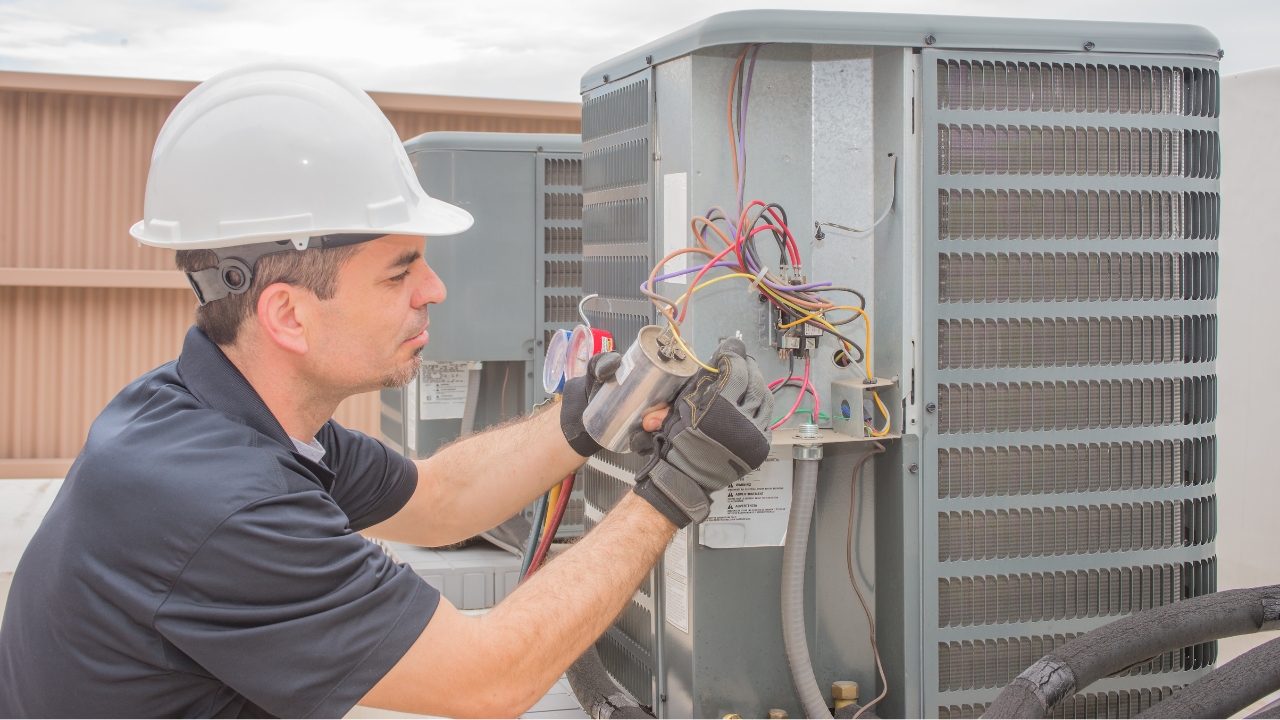
A quick checkup by a licensed HVAC tech once a year can catch small issues before they turn into expensive repairs. They’ll clean the coils, check refrigerant levels, test electrical components, and make sure everything’s running the way it should.
It’s not something most homeowners think about until there’s a problem—but that hour-long visit can add years to the life of your system. Schedule it in the spring or fall when demand is lower and prices are usually better.
*This article was developed with AI-powered tools and has been carefully reviewed by our editors.

